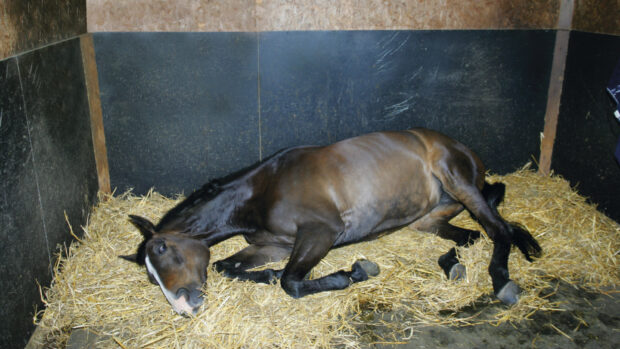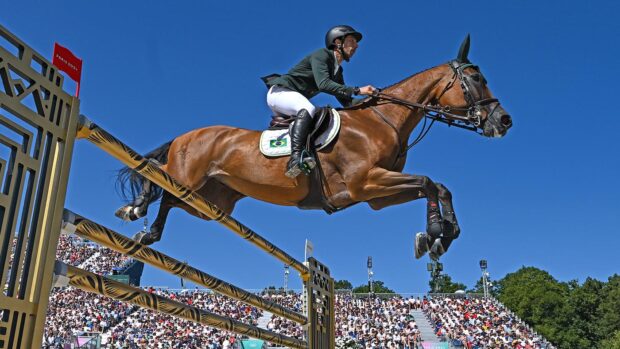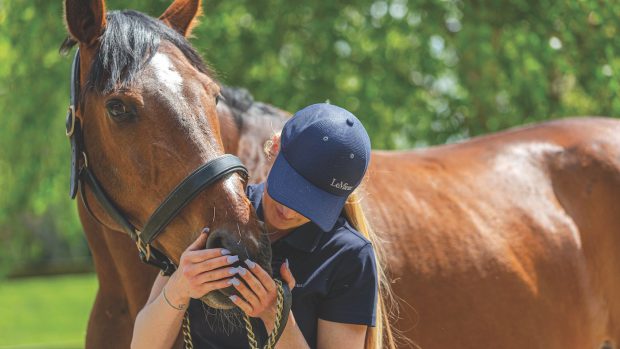An increasing number of horses with colic are being euthanased without surgery being considered, thought to be a legacy of the 2008 financial crash.
Immediately after 2008, vets throughout the country noted that a greater proportion of owners were electing for euthanasia — even though the cost of colic surgery increased by only 10% over the same period, and success rates improved.
Studies by Bell Equine Veterinary Clinic in Kent and at the University of North Carolina, USA, both found that a decrease in horses undergoing surgery correlated with an increase in euthanasia prior to the operation.
At the recent British Equestrian Veterinary Association colic symposium in Dublin (7-10 July), delegates from around the world reported a similar trend.
Tim Mair, H&H contributor and partner at Bell Equine, said: “The reason is likely to be very complicated but the economic crash seems to have had quite a large effect — owners seem not prepared or able to cover the costs of surgery.”
“I think people are less prepared to invest the necessary money unless the horse is insured — especially when we know that the outcomes can never be guaranteed. Despite our best efforts, some horses will develop costly complications or die.”
There has been no discernible change in attitude by owners of insured horses, according to South Essex Insurance Brokers. Last year they settled 316 colic claims, of which only 46 were for horses that either died or were put down.
Recent research in Norway found that 57 (19.1%) of the 297 horses that underwent surgery during a six-year study period were euthanased in the post-operative period, mostly due to persisting colic signs, laminitis and other welfare concerns.
Seventy eight (26.3%) were put down on the operating table.
The Norwegians found there were double the odds of survival if lesions were discovered in the large rather than small intestine.
First published in Horse & Hound magazine on 31 July 2014



